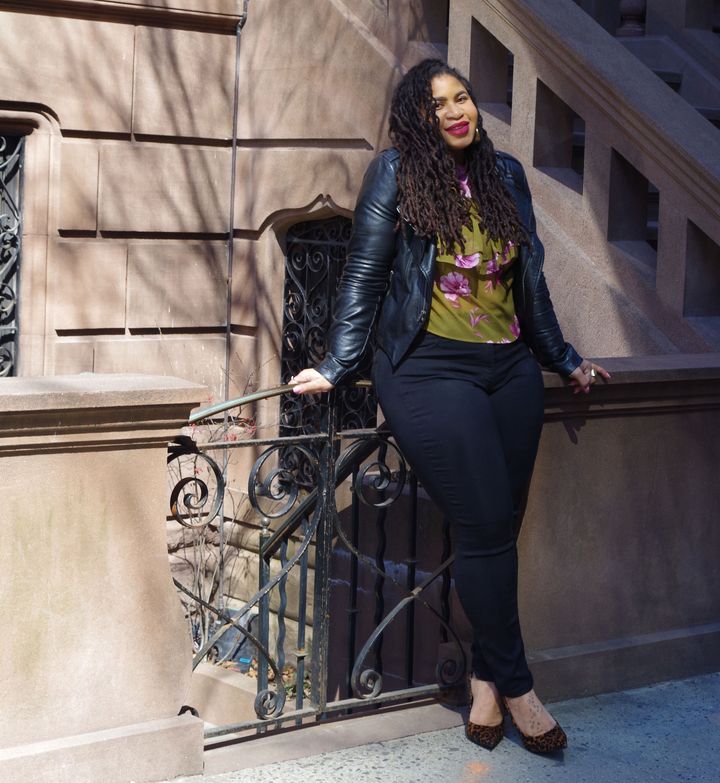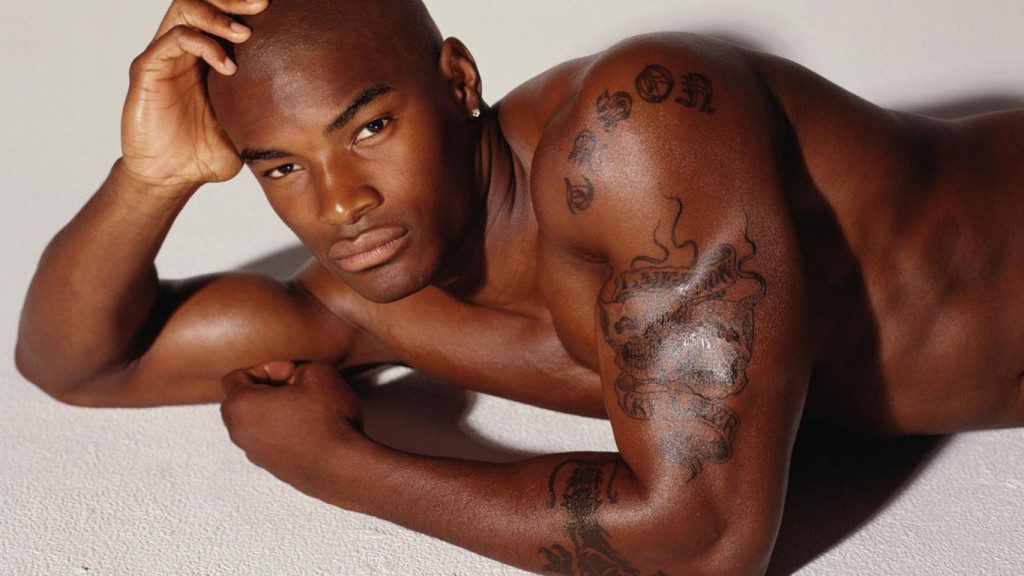The number of women of color who own their own businesses rose by 8% last year. This increase is largely due to “poor treatment and the perception of being undervalued in the workplace,” according to a 2017 report by the Federal Reserve Bank of Kansas City. In fact, “a much greater gender and racial pay gap have led women of color to start businesses at a higher rate out of necessity and the need to survive,” the 2018 State of Women-Owned Business Report found.
This is not surprising to me.
If I had to find one word to describe my journey of management and leadership as a black woman, I’d go with “lonely” ― not your typical sad lonely, but more of an alienated lonely. An “I’m literally the only person in the room with this hair texture and this skin color” lonely. An “I’m representing an entire race of people” lonely. How I am perceived matters.
Growing up, I watched the sitcom “Martin” religiously and admired the role that actor Tisha Campbell-Martin played as Gina, who worked as a top marketing executive. As clever and on point as that show was, what it didn’t portray was that, in real life, black female leaders are often one-of-one ― especially in meetings.
It’s really difficult to articulate how it feels to continually be the “only”in a meeting.
I’ve been a black “white-collar” professional since I graduated college in the mid-2000s. I remember the first day of my first real job. My boss walked me around the office and introduced me to my new team and the other employees. Everyone seemed really nice, but what I noticed after returning to my desk was that I hadn’t met a single minority in a leadership role. I knew I wouldn’t stay there long, and I was right. I was out the door and on to the next opportunity in under a year.
I moved into management early on in my career, and by the age of 24, I had staff reporting to me. I was the youngest middle manager at my company. That role opened me up to a bevy of opportunities, including global travel and board meetings — and that’s when it began. I was the “only.” I was not just the only woman, but 98% of the time, I was the only black woman. You know what I learned from those experiences? I learned that discrimination isn’t usually outright or blatant. In fact, it’s often very subtle.
I’ve had people enter conference rooms where I’m sitting, and when they see me, they say, “Maybe I’m in the wrong room,” as if to suggest that if I’m a part of the meeting, it must not be a leadership meeting.
Once, during a leadership retreat abroad, a chief executive pulled me to the side before the committee discussions began and said, “You know, you don’t need to talk during the retreat. You can just listen. Yeah, actively listen. No need for you to contribute.” Mind you, I was the person responsible for setting the strategic direction of the initiative. I was also the person solely responsible for the company’s recent massive growth. And yet, I thought, you don’t want me to talk?
When we’re the only person of our race at a certain level, we feel accomplished — but we also feel alone. It’s kind of like “yay me,” but at the same time, “why just me?”
Years of being the only black woman in the room made me feel visibly invisible. It didn’t matter that I broke sales and revenue records year after year, and it didn’t matter that my performance evaluations read “outstanding” across the board.
There is an unconscious bias that exists in business culture, whether people want to admit it or not. Companies can have all the diversity and inclusion trainings they want, but that doesn’t change the fact that black women (and men) are continually overlooked and discriminated against.
Companies need to realize that relatability is a real thing. Representation is a real thing. So when we’re the only person of our race at a certain level, we feel accomplished — but we also feel alone. It’s kind of like “yay me,” but at the same time, “why just me?”
People don’t really like to talk about race. But it’s there — hovering, always. I’ve sat in meetings where people dismissed my feedback or ideas as not being valuable or worthwhile, only to have someone of another race repeat the same messages or ideas five minutes later to ahas! and applause.
There’s a reason why black women are turning to entrepreneurship, and it’s not because we’re not qualified for management positions in the corporate world. It’s because we’re not seen.
What I’ve learned over the past 15 years is that mentors are vital. It can be a real challenge to go into a workplace day in and day out when you feel ignored or overlooked. Mentors are an invaluable support system for everyone, but especially for women and minorities. We need people to help us navigate our careers and help guide us as we continue to grow. There is a void of African Americans in leadership, and it can be very demoralizing to watch other people who do less advance quicker than we do.
I met my mentor, who was also a black female executive, at a professional development conference. She had turned an idea into a seven-figure business venture after walking away from corporate America five years prior. I’ll never forget the first thing she told me when we met for coffee.
“You will have to work 10 times harder than your white counterparts for recognition,” she said. “You will often question yourself and your worth. You will not receive the same pay. You will get frequent stares and looks. You will be disrespected, both blatantly and subtly. But never let it make you question yourself. Never. Go after every opportunity that presents itself. It will teach you resilience, and as a black woman, you’ll need that a lot.”
I now know to command my seat at the table. Even if they’re given a seat, women of color still need to command our place. Unfortunately, we have to do so diplomatically because minorities, specifically African Americans, are often viewed as hostile or aggressive when we speak up, whereas people of other races are seen as passionate and committed.

“There’s a reason why black women are turning to entrepreneurship, and it’s not because we’re not qualified for management positions in the corporate world. It’s because we’re not seen,” Keli Hammond writes.
I have also learned to create my own support system. Everyone needs allies they can trust, confide in and connect with on a personal level. Because black women are often unfairly stereotyped, it’s important for us to keep positive and supportive energy in our circles.
There’s no getting around the fact that race is going to be an underlying factor in business, and there are some very real barriers to advancement in traditional workforces for women of color. Thankfully, I discovered this early on, and with the help of my mentors, I learned how to advance despite the unfair challenges and stereotypes I’ve faced. Every morning, I remind myself of the most important lesson I’ve learned throughout my career: Although we may feel like others devalue our contributions, we must never devalue ourselves.
Keli Hammond is the author of “Craved: The Secret Sauce to Building a Highly-Successful, Standout Brand” and the CEO of B Classic Marketing & Communications. Learn more about her at KeliHammond.com.
Source: Huffpost

